What is a hygienist?
Dental hygienists are specially trained members of the dental team who focus on preventative dental health and treating gum disease, currently the leading cause of tooth loss in adults in the UK.
What does a hygienist do?
The hygienist will scale your teeth to remove any plaque and calculus, will advise you on the best oral hygiene routine to use in between visits to maintain your oral health and they will advise you on lifestyle factors that can affect the health of your teeth and gums.
They will be able to give you focused advice to help care for dental implants, teeth straightening appliances and may also suggest that you give up smoking. Smoking will have a detrimental effect on your teeth increasing the risk of gum disease and staining.
How often should I see the hygienist?
How often you should visit the hygienist will depend on the health of your teeth and gums. To begin with the hygienist may advise that you attend every three months but over time as your oral hygiene improves you should need to visit the hygienist less often.
What are the benefits of visiting the hygienist?
-
- Demonstrations on effective tooth brushing techniques to remove plaque without causing tooth wear and receding gums.
- Discussions on the latest oral hygiene products.
- Advice on the best aid to clean in-between teeth.
- Detailed explanation of gum disease.
- Removal of plaque and hard calculus deposits.
- Discussion on the secondary factors that cause gum disease, for example smoking and diabetes.
- Discussion on how gum disease could affect or complicate other health problems, for example heart disease.
- Prevention of tooth decay and erosion
- Diet advice on how to reduce sugary and acidic food and drink.
- Advice on fluoride and apply fluoride varnishes to help remineralise early signs of tooth caries.
- Polishing the teeth to remove food and drink stain.
- Helping to change red and inflamed gums to a healthy pink.
- Stopping gums from bleeding when brushing.
- Preventing teeth from becoming mobile and drifting.
- Preventing unpleasant tastes and bad breath caused by the damaging bacteria in the mouth.
Can I see the hygienist without seeing the dentist?
You are now able to see the hygienist without first seeing the dentist. It must however be noted that a visit to the hygienist is no an alternative to seeing the dentist. You will still need to see the dentist for your routine appointments and the hygienist will refer you to the dentist if they notice any problems or you require treatment which is outside of the training.
What should I do to look after my teeth in between hygienist visits?
In between visits you should follow the oral care routine advised by the hygienist including:
- Brushing your teeth at least twice a day using a fluoride toothpaste
- Using interdental brushes to clean between your teeth where brushing misses.
- Cutting down on how often you have sugary food and drink.
If you’d like to learn more about the benefits of attending for a hygienist appointment, contact the team at Maidstone Dental & Implant Centre on 01296 712264.



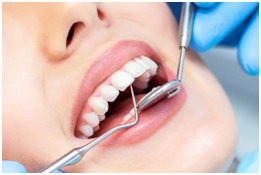

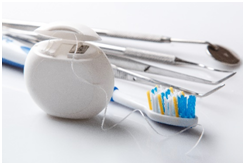
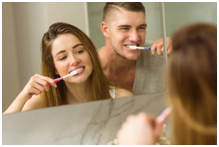
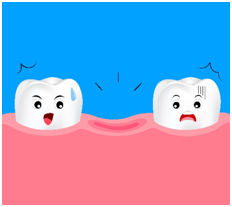
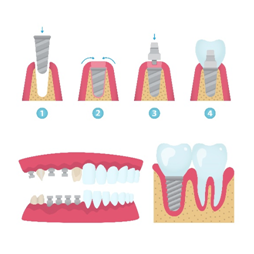
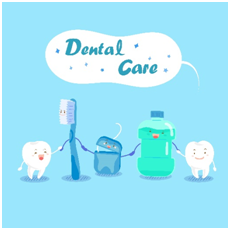 properly cared for. Cleaning around the teeth attached to the implants should be no more difficult than cleaning your natural teeth.
properly cared for. Cleaning around the teeth attached to the implants should be no more difficult than cleaning your natural teeth.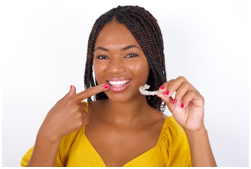

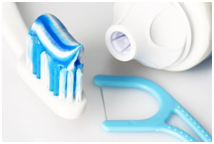



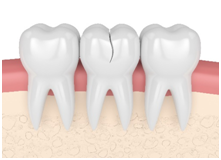
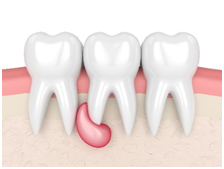
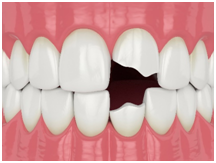

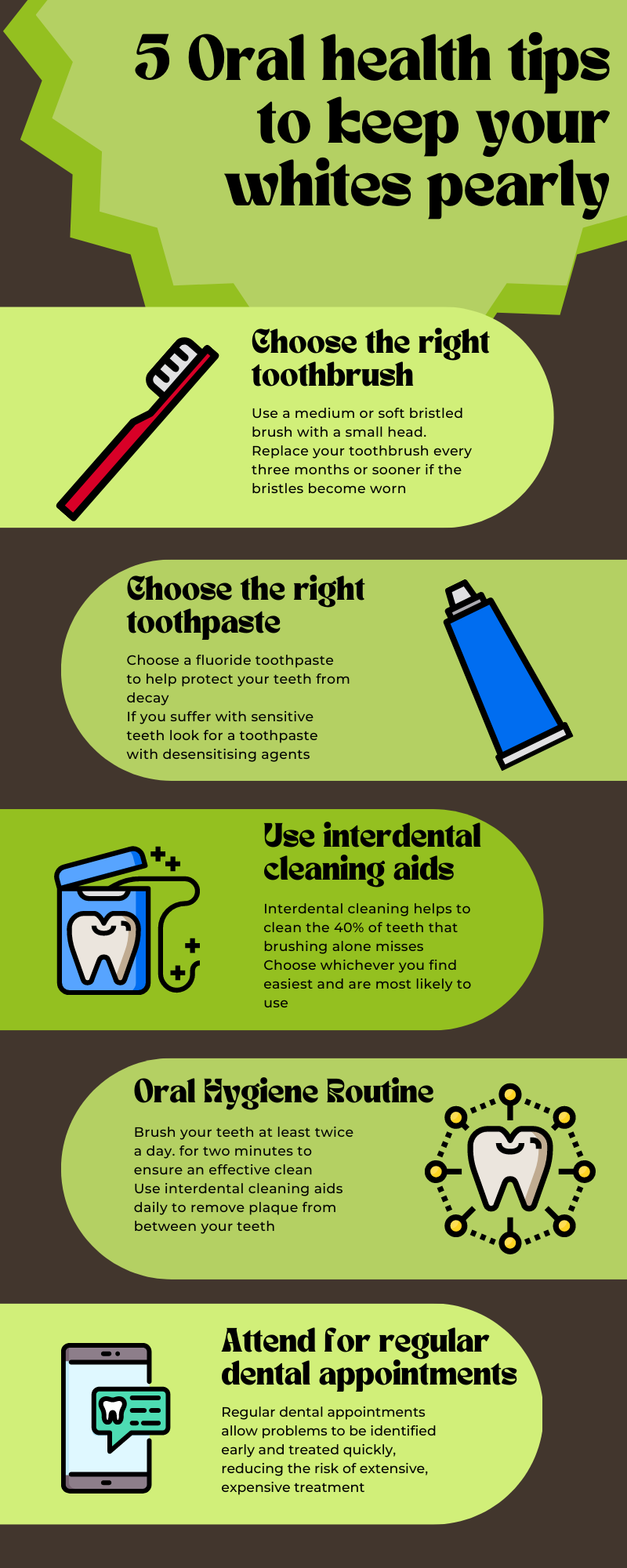





 and restore the tooth’s shape and appearance. Typically, crowns are made of metal, porcelain, and ceramic.
and restore the tooth’s shape and appearance. Typically, crowns are made of metal, porcelain, and ceramic.  replace missing teeth. It is a safe titanium screw that is placed into the jawbone to replace the missing root. Once the screw has settled in the jawbone the tooth-coloured crown is then placed on it.
replace missing teeth. It is a safe titanium screw that is placed into the jawbone to replace the missing root. Once the screw has settled in the jawbone the tooth-coloured crown is then placed on it. be used to repair most teeth successfully and your
be used to repair most teeth successfully and your 
 tobacco use. Smoking accounts for two in three of all
tobacco use. Smoking accounts for two in three of all  suggests that it could soon rival smoking and drinking as one of the main causes of
suggests that it could soon rival smoking and drinking as one of the main causes of  healthy.
healthy. 
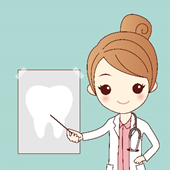 If your
If your 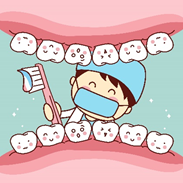 Fear of needles? In many cases, injected anaesthetics can be substituted for a topical gel. Once again, talking to your
Fear of needles? In many cases, injected anaesthetics can be substituted for a topical gel. Once again, talking to your 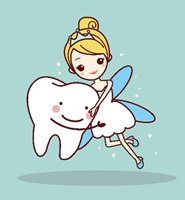 If dental phobia continues even after following the steps in our guide, it could be time to talk to an anxiety specialist. Counselling or cognitive behavioural therapy could arm you with the coping mechanism needed to get past your fear once and for all, as well as getting to the root cause of anxiety.
If dental phobia continues even after following the steps in our guide, it could be time to talk to an anxiety specialist. Counselling or cognitive behavioural therapy could arm you with the coping mechanism needed to get past your fear once and for all, as well as getting to the root cause of anxiety.
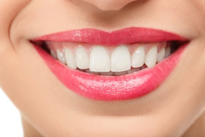 If you are searching for an easy way to improve your smile,
If you are searching for an easy way to improve your smile, 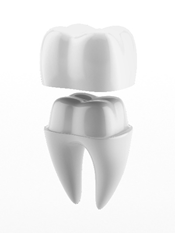 Although
Although 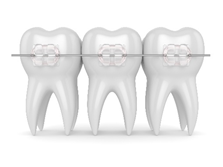 There is more to a beautiful smile than just white teeth. A beautiful, healthy, confident smile also has to do with teeth alignment.
There is more to a beautiful smile than just white teeth. A beautiful, healthy, confident smile also has to do with teeth alignment. 
